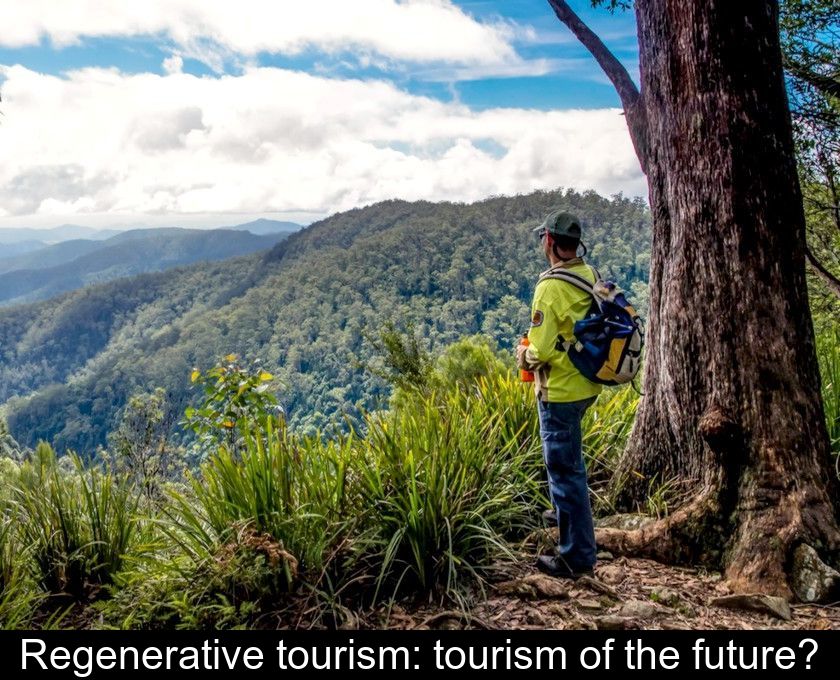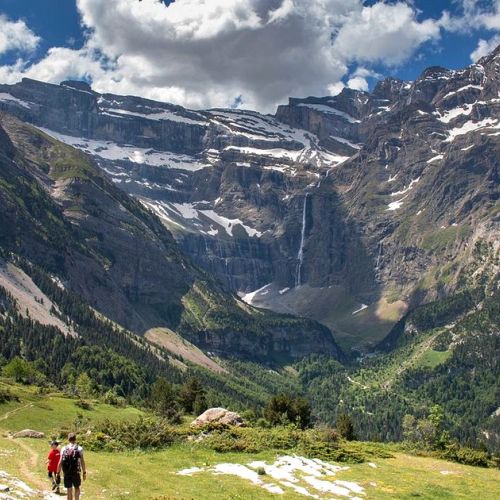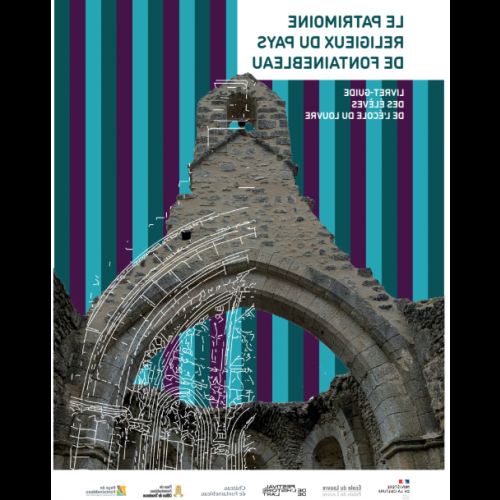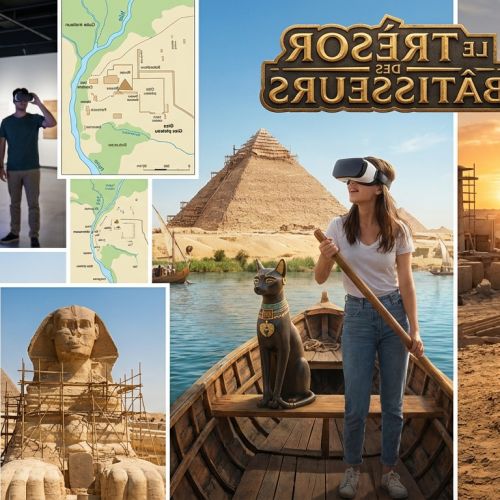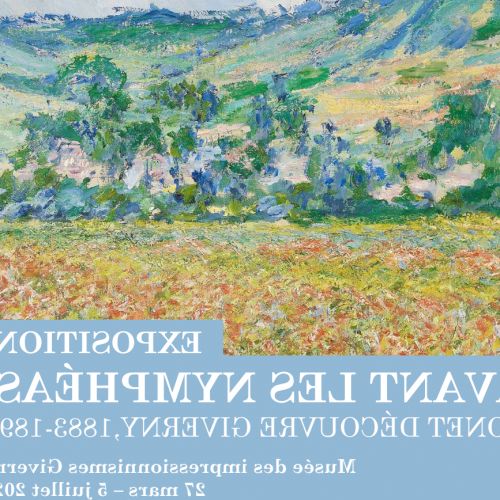Regenerative Tourism: Tourism Of The Future?
Among the latest trends in the tourism sector, you probably know about sustainable tourism, which aims to preserve the environment at your vacation destination. But have you heard of regenerative tourism? This still unknown approach in France aims to have a positive impact on the destination. Explanation.
Environmentally conscious vacationers
The preservation of the environment is a growing concern in the tourism industry, both among professionals in the sector and travelers. More and more tourists are determined to limit the environmental impact of their vacations, as evidenced by their online searches.
In March 2022, searches for "eco-friendly vacations" and "eco-friendly stays" on Google increased by 22% and 142% respectively compared to 2021. These figures published by the renowned search engine reflect the aspirations of travelers to engage in greener and more sustainable tourism, which would minimize its negative impact on the environment.
According to the World Tourism Organization (WTO), sustainable tourism is based on three pillars:
- Optimal use of environmental resources
- Respect for the socio-cultural authenticity of host communities
- Ensuring viable long-term economic activities
But did you know that it is also possible to go further and have a positive impact on your vacation destination through regenerative tourism? As the name suggests, this new form of stay aims to "regenerate" or repair damaged ecosystems.
A sector that is still very polluting.
Despite vacationers' aspirations for more eco-friendly stays, the tourism sector remains one of the most polluting, due to transportation and long-haul flights.
While accommodations are becoming more environmentally friendly, transportation alone accounts for 77% of the sector's greenhouse gas emissions. In France, the tourism sector contributes 11% of the country's emissions.
More than any other field, tourism illustrates the tension between jobs and ecology, individual pleasure and citizen efforts, polluting activities and the necessary ecological transition. To limit the nuisances on the local population and the deterioration of ecosystems, more and more cities and countries are taking drastic measures against mass tourism and overtourism: implementation of taxes and prohibitions, capacity limits to be respected, and mandatory prior reservation to access highly frequented sites...
It is to reconcile vacations and sustainable development that new forms of tourism such as regenerative tourism have emerged. This term appeared in the media in 2021 to promote a new idea of travel and tackle the problems of pollution and overtourism at their roots.
It is said to have been invented by two French travelers who became aware of the limitations of sustainable tourism and drew inspiration from the concept of "regenerative culture" developed by author Daniel Wahl.
Positive impact tourism
The concept of "regenerative tourism" has emerged from the idea that sustainable tourism is not enough and that the entire sector needs to take an additional step to ensure its future. While the tourism industry has experienced uncontrolled growth so far, voices are rising to challenge the established model and propose alternative forms of tourism experiences.
Regenerative tourism, still relatively unknown in France, could revolutionize our vision of holidays and travel. The idea is to leave the vacation destination in a better state instead of simply visiting and leaving it as it is. According to an article from the "Réseau Veille Tourisme" published in March 2022, New Zealand is the first country to aim at developing regenerative tourism within its territory.
During these types of stays, visitors do not just pass through a destination while being careful not to damage anything in their path. They are invited to get involved and actively participate in the restoration of ecosystems. The stated objective is to enable visitors to have a positive impact on their destination, in various areas such as biodiversity and the local economy.
Now, the question that travelers must ask themselves is not "How can I minimize damage during my stay?" but "How can I use my stay to improve the situation in this area?".
A new model to invent.
Recent concept, "regenerative" tourism is not a fixed model in which the same actions are duplicated everywhere. This new trend aims to change our perception of travel and encourage professionals and tourists to get involved in local actions, while respecting the uniqueness of each destination.
Thanks to this new form of stay, similar to solidarity or participatory tourism, you can contribute socially, economically, or environmentally.
These new types of stays are challenging to design as they disrupt the traditional roles of different actors (the traveler, local communities, and nature). To be effective, they require prior reflection on the actions to be taken and how to involve tourists in these actions meaningfully.
In conclusion, regenerative tourism is still in its infancy. However, it is undoubtedly one of the major trends to watch in the coming years. Although it will not become widespread overnight, it at least offers an optimistic and hopeful vision, where tourism becomes a tool for repairing damaged natural resources and making host communities more prosperous.

